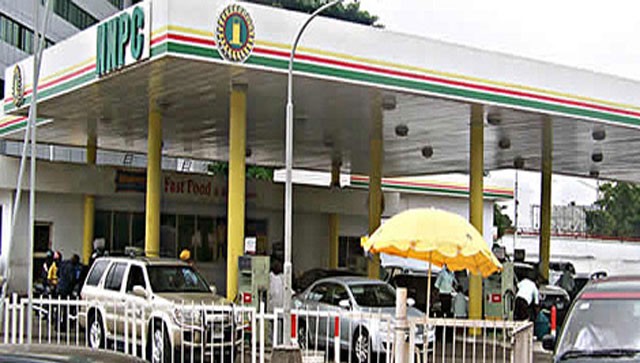The Minister of State for Petroleum Resources, Dr Ibe Kachikwu has said that his ministry and relevant agencies cannot guarantee rational behaviour of managers at all NNPC Mega stations nationwide.
Kachikwu made the statement in Abuja on Monday while addressing members of the House of Representatives during a special interactive on the “New Framework for PMS Supply and Distribution, organised by the assembly.
He said that monitoring was necessary with regard to product sale at a price that was below those of independent marketers.
The minister spoke in response to a question on why NNPC l stations which got locally refined products at little or no cost were selling almost at the same price as independent marketers, which sold l at N145 per litre.
“That is being looked at.
“The NNPC mega stations are supposed to sell at a much lower price than the other marketers but right now some of them are selling between N143 and N145.
“But that is something we are looking at correcting,’’ he said.
Kachikwu said this was to “reduce nuisance value potential of the stations in the metropolis while stations in the hinterland are to sell at N135 per litre.”
The lawmakers asked the minister to state the obvious by telling Nigerians that there was no deregulation of any kind but a price increase resulting from foreign exchange differential since the government still controlled the price.
Kachikwu told the House that the decision taken was aimed at curbing the problems of product diversion, hoarding, under-dispensing and pipeline vandalism.
“We first looked at the number of litres on which subsidy was being paid.
“The new policy is to address both subsidy issues as well as product availability and distribution which is saving Nigeria about one billion dollars quarterly,” he said. (NAN)

